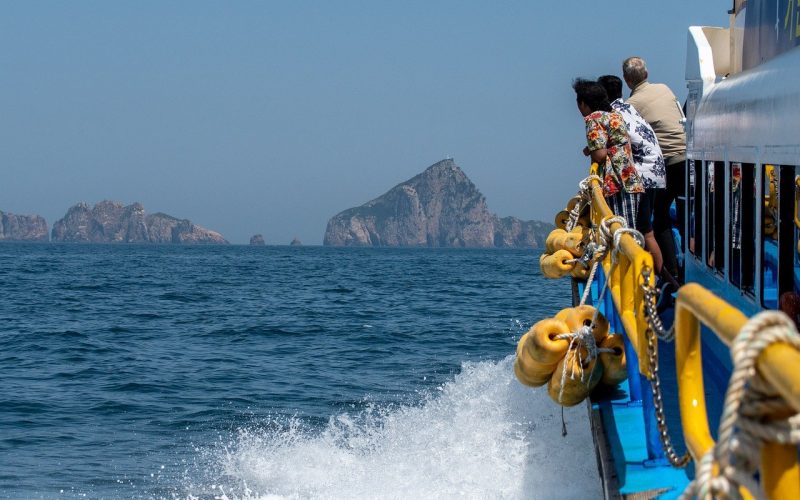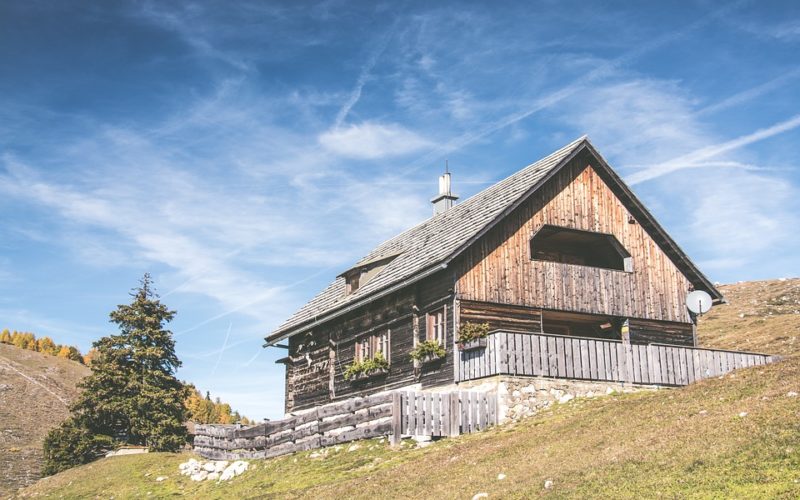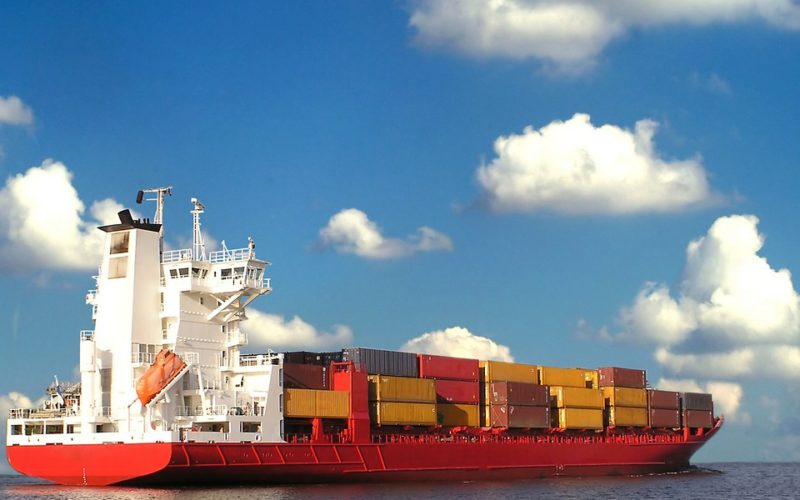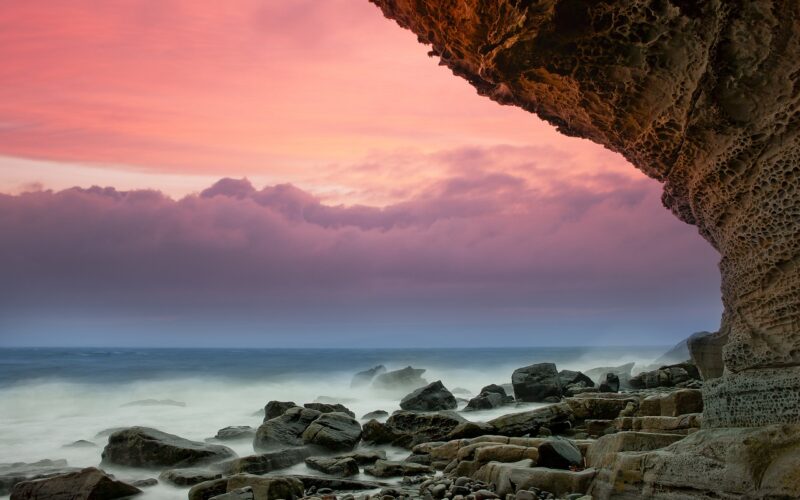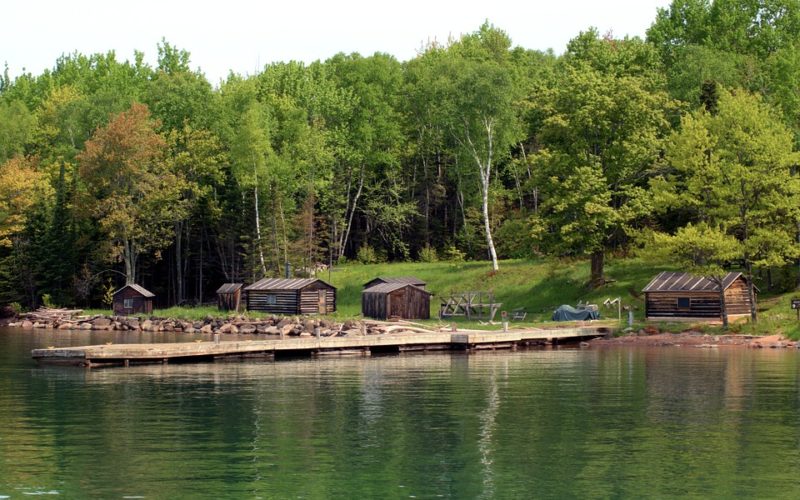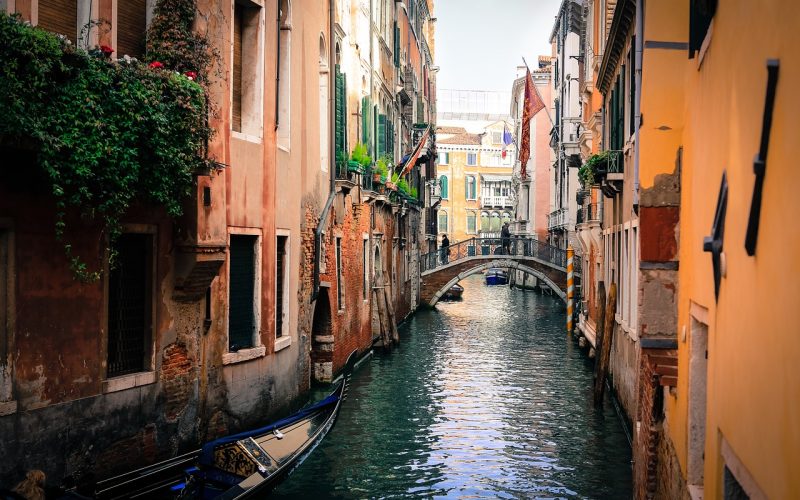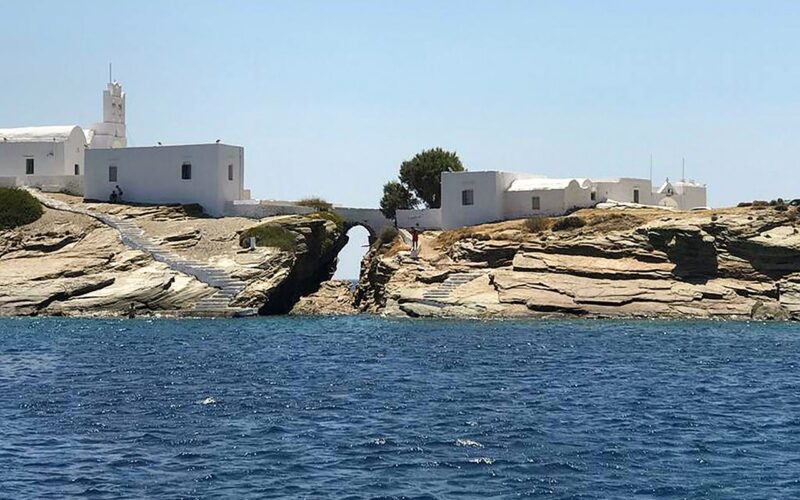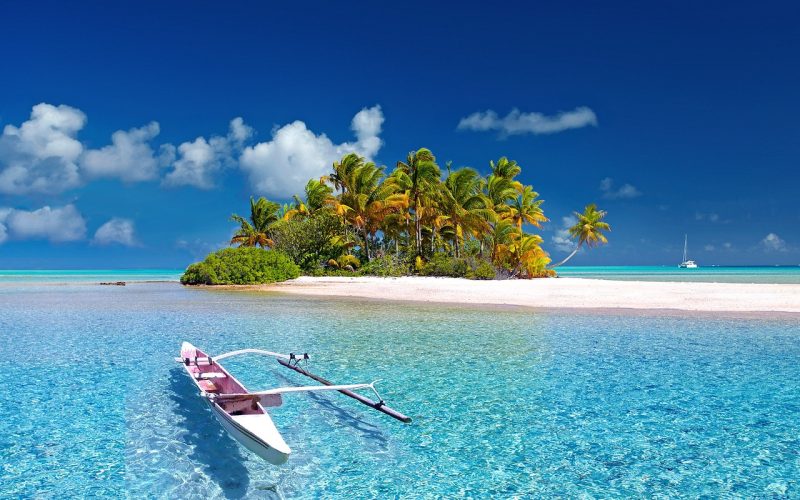Over Tourism On Holiday Islands
Every summer, popular holiday islands like the Spanish Balearics, Greek islands, and Phuket attract millions of tourists seeking sun, sea, and sand. While tourism is a vital economic driver for these destinations, the influx of visitors has reached unsustainable levels in recent years. This phenomenon, known as over tourism, is having profound impacts on the quality of life for local residents.
The rise of over tourism
Over tourism occurs when the number of tourists exceeds the carrying capacity of a destination, leading to negative environmental, social, and economic effects. The idyllic charm that draws tourists to these islands is under threat as the natural beauty and cultural heritage are being compromised. The Spanish Balearics, home to Ibiza and Mallorca, the Greek islands such as Santorini and Mykonos, and Phuket in Thailand are all grappling with the challenges posed by over tourism.
Cost of living skyrockets
One of the most significant impacts of over tourism on these islands is the dramatic increase in the cost of living. As demand for goods and services surges during peak tourist seasons, prices soar. Locals find themselves struggling to afford necessities, from groceries to transportation. The influx of tourists has led to inflated prices, disproportionately affecting those who live on the islands year-round. This economic pressure is particularly felt by low-income families and older residents, who are often priced out of their own communities.
Accommodation challenges
The accommodation crisis is another pressing issue exacerbated by over tourism. With the growing popularity of short-term rental platforms like Airbnb, many property owners are opting to rent their homes to tourists rather than to locals. This trend has led to a shortage of affordable housing options for residents, making it increasingly difficult for them to find suitable accommodations. In tourist-heavy areas, property prices have skyrocketed, forcing locals to move away from their hometowns in search of affordable housing elsewhere.
Infrastructure strain
The sheer volume of tourists descending upon these islands during peak season places immense strain on local infrastructure. Roads become congested with traffic, leading to longer commute times and increased pollution levels. Public transport systems are often inadequate to handle the influx of visitors, causing frustration among both tourists and residents. Additionally, the increased footfall leads to wear and tear on pavements and public spaces, requiring more frequent maintenance and repairs.
Environmental degradation
Over tourism also takes a toll on the natural environment of these islands. The increased volume of litter and noise pollution disrupts the fragile ecosystems that make these destinations so unique. Beaches, once pristine, are often left littered with rubbish after a busy day. The noise from tourist activities and nightlife can disturb both land and marine wildlife. Efforts to accommodate the growing number of tourists often lead to environmental degradation, threatening the islands' biodiversity and natural beauty.
Finding a sustainable path forward
Addressing the challenges of over tourism requires a collaborative effort between local governments, tourism boards, and residents. Implementing strategies to manage visitor numbers, promote sustainable tourism practices, and protect the local environment is crucial. Some islands, like Santorini, are already taking steps to limit the number of cruise ships allowed to dock each day. Others are investing in infrastructure improvements to better accommodate tourists while preserving the quality of life for locals.
Ultimately, finding a balance between welcoming tourists and safeguarding the well-being of local communities is essential for the long-term sustainability of these beloved holiday destinations. By prioritising responsible tourism and community engagement, the islands can continue to offer unforgettable experiences for visitors while ensuring that life for locals remains vibrant and fulfilling.
